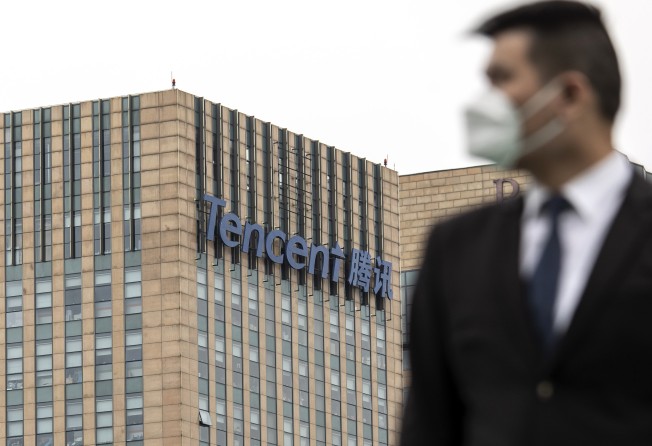Tencent plays down talks of break-up despite regulatory risks, slowest ever quarterly revenue growth
- Concerns are rising among investors that the Chinese government may want to split up internet giant Tencent
- Analysts say regulatory headwinds will continue to cast a shadow over Tencent’s prospects, despite efforts to meet government requirements

As executives from Tencent Holdings fielded questions from investors and analysts in its earnings call on Wednesday evening, one query appeared to have hit a nerve.
When chief strategy officer James Mitchell was asked whether Tencent might spin off some of its businesses, so as to “not seem so large in the eyes of your regulators”, he quickly shifted the question to founder and chief executive Pony Ma Huateng.
Print option is available for subscribers only.
SUBSCRIBE NOW